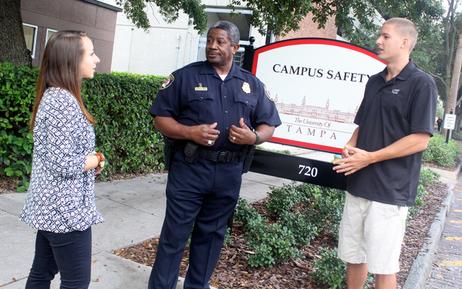According to a recent press release from the College Board, the cost of college courses during the 2008-2009 school year did not rise faster than the Consumer Price Index. As reporter Kim Clark from the US News and Report reports, “In the academic year starting in the fall of 2008, for the first time in six years, most college prices rose by less than inflation. Even better: After subtracting out the typical amount of scholarships and tax breaks, the average community college student paid only $101 for a year's worth of classes, down from $122 last year.”
Although the dwindling economy poses new struggles for academic institutions and students, the silver lining may be seen more clearly as the analysis of tuition hikes and the rate of inflation is evaluated.
This video reports on one student's experience with attending community college for free.
How to Handle Potential Tuition Increases
Investigating Reports
Although the rise in college costs poses challenges to students and families, Gaston Caperton, the College Board President, asserts that understanding “information in the trends reports will help families to make better educational decisions.” As Gaston further reveals, “‘A college education is the passport to opportunity and success in today’s global economy. In this time of financial uncertainty, it is essential that students and families have the most up-to-date information on the true costs associated with making this important investment in






















